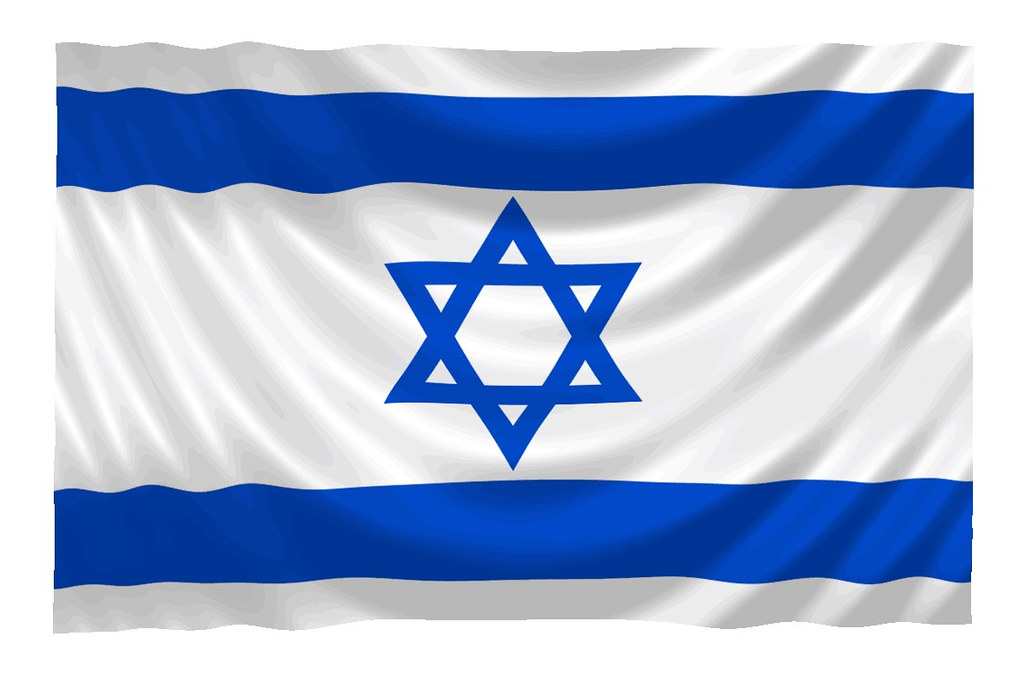Israel is a signatory to the TRIPS Agreement and a member of the Bern Convention for the Protection of Literary and Artistic Works and the Universal Copyright Convention. As a result, in compliance with the rules of these accords, Israeli copyright law protects foreign works. Israel is likewise a signatory to the WIPO Copyright Convention but has yet to ratify it and put its provisions into effect, despite the fact that draft legislation is in the works.
Copyright
Original literary, artistic, theatrical, and musical works, as well as sound recordings and computer programs, are all protected by copyright in Israel. Dramatic works are protected in the same way as cinematic works are. Protection of work lasts from the date of creation to the end of the seventieth year following the author’s death, with a few exceptions. Sound recordings and images were taken before May 25, 2008, however, are only protected for fifty years (although at the time of writing a bill that will extend the term of protection to 70 years is pending before the Knesset). Authors’ moral rights, particularly the right of paternity or attribution and the right of integrity, are safeguarded.
Performers’ Rights
Performers of literary, theatrical, musical, and creative works are protected in Israel. A performer has the sole right to permit any fixation, reproduction, or transmission of his performance, subject to specified conditions, and to oppose any authorized distributor of such fixation or reproduction. The duration of protection is 50 years from the date of the performance, while a measure in Israel’s Parliament is now being debated to extend it to 70 years. Performers have moral rights as well. Israel has enacted various protections for foreign performances in accordance with the TRIPS agreement and the Rome Convention.
Trademarks
In Israel, trademarks can be registered with the Patent and Trademarks Authority. The registration procedure includes the submission of an application, payment of filing fees, examination by an authorized examiner, publication, and, perhaps, opposition processes. A valid registration gives the owner the only right to use the trademark for the products or services for which it was registered. Using the mark, or a confusingly similar mark, for the same or closely related goods or services is an infringement. Well-known brands are afforded more protection, which may extend to a broader variety of goods and services.
According to Israeli law, trademark registration is valid for ten years from the date of application. The registration can be renewed for up to ten years at a time. Due to inactivity, a mark may be removed from the register.
Israel is a signatory to the Paris Convention on Industrial Property Protection. When a trademark applicant files an application in a treaty member state within six months of filing an application in Israel, and another party files a competing application for the same mark, the date of the earlier member state application is used to determine priority between the two applications.
Israel is a signatory to the Madrid Protocol as well. As a result, legislation implementing the protocol’s rules has been established, allowing foreign applications to be filed in Israel using the protocol’s method. Under the treaty, Israeli trademark owners and applicants can now file international applications through WIPO.
Patents
Patents are granted by the Israeli Patent Authority for innovations that are novel, valuable, non-obvious, and incorporate an innovative step. In every branch of technology, patents are available for items or methods. An invention is considered novel if it has never been previously revealed in Israel or elsewhere, whether in writing, verbally, or otherwise. Patent protection lasts for twenty years from the date of application. Israel is a member of the Paris Convention, and as a result, holders of foreign treaty state member applications are given priority status under the convention’s provisions. Business method patents have so far been refused registration by the Patent Office.
Designs
In Israel, design protection is possible for original, previously unpublished object designs. Protection is given for five years, with the option to renew for two more five-year terms, for a total of 15 years. Because Israel’s copyright legislation does not cover the design components of industrial items, design protection is essential. The functional components of a design are not protected under design protection. Alternative legal doctrines, such as the law of unjust enrichment or the law of passing-off, may safeguard non-registered designs. However, proving a claim based on one of these arguments is significantly more difficult than proving infringement.
The list of Israel IP Firms can be found here.

